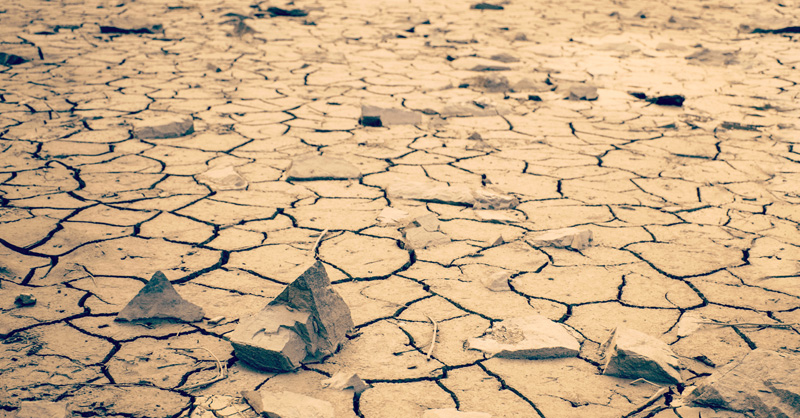US Fed official with global climate experience tapped to head new group as central bank steps up international engagement
26 January 2021 00:00 by Neil Roland

Kevin Stiroh, a US Federal Reserve official with international climate-change experience, has been named chief of a new group at the central bank that will study the impact of global warming on financial institutions and markets.
Since the Nov. 3 presidential election, the Fed has ramped up climate change cooperation worldwide, notably joining the Network for Greening the Financial System, comprised of central banks and financial regulators that are trying to identify and manage climate-related risks to the financial system.
The Fed said yesterday that Stiroh, a US Federal Reserve Bank of New York executive vice president, would transfer to the Washington-based Federal Reserve Board to head the new Supervision Climate Committee. The broad-based panel of senior staff aims to help build the central bank’s capacity "to understand the potential implications of climate change for financial institutions, infrastructure and markets,” a release said.
Stiroh and Basel
Stiroh doubles as co-chair of a Basel Committee on Banking Supervision task force on climate-related financial risks.
“The financial sector has taken important steps toward incorporating the financial risks of climate change into risk management frameworks, strategic discussions and oversight regimes, but I think it is fair to say that this work is still in its early days,” he told a Global Association of Risk Professionals conference last November. “We all have much to learn with many challenges ahead of us.”
The Fed’s sole Democrat, Lael Brainard, had unsuccessfully prodded her colleagues in recent years to join the Network for Greening the Financial System to share “best practices” and research among the central banks and regulators.
During the Trump administration, the Fed under Chairman Jerome Powell had resisted joining, but increased research on, climate-change impacts on financial stability, as well as participation in activities and discussions with the Network.
Fed reports
One result of this research was that Fed reports last November flagged climate change as a potential financial threat.
The central bank’s supervision and regulation report said chronic flooding and wildfires could pose a risk to the value of collateral that a bank has taken as security against its loans. Severe weather also could damage a bank’s own property and data centers, impairing its ability to serve customers, it said.
Another report identified global warming as a threat to financial stability for the first time.
It said real estate exposures to storm surges and hurricanes could decrease the value of property, in turn posing risks to real estate loans, mortgage-backed securities, and the profitability of nonfinancial firms using these properties.
Related Articles
No results found
